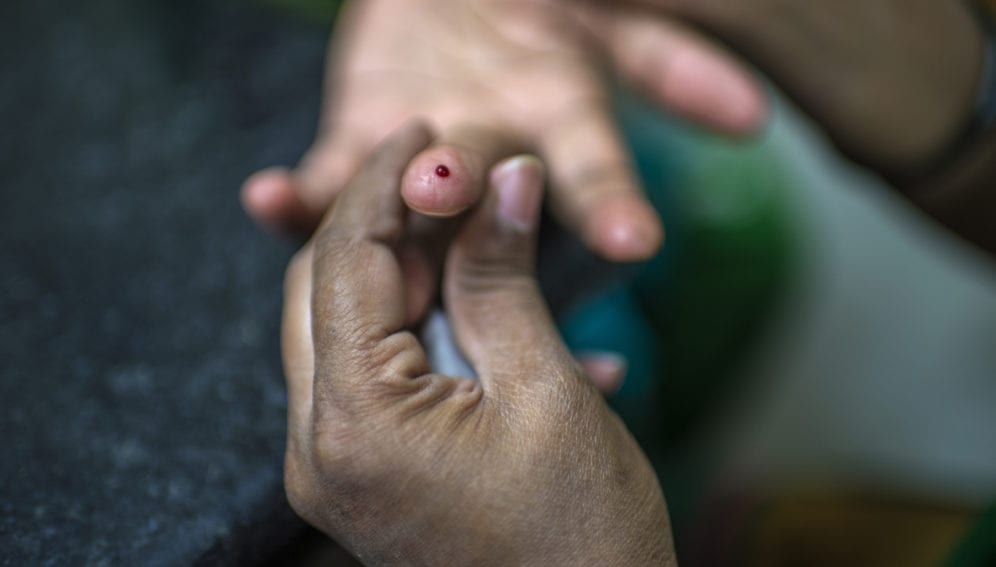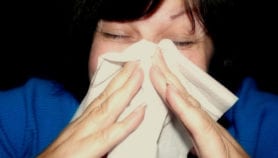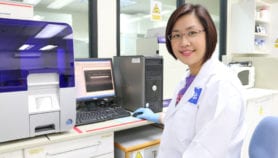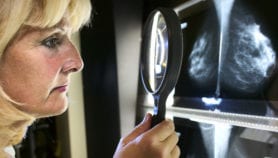By: Claudia Caruana
Send to a friend
The details you provide on this page will not be used to send unsolicited email, and will not be sold to a 3rd party. See privacy policy.
[NEW YORK] Individuals with group A blood are more vulnerable to enterotoxigenic Escherichia coli (ETEC) bacterial infections than people with other blood groups, says a new study.
ETEC, a leading cause of diarrhoeal disease in the developing world especially among infants and children, can be asymptomatic in some cases or severe and cholera-like in others.
According to the study, published last month (May) in the Journal of Clinical Investigation, a protein identified as EtpA and secreted by various strains of ETEC interacts with the intestinal epithelial cells of blood group A individuals causing severe diarrhoea.
“Individuals with blood group A appear to be at highest risk for severe infection and stand to benefit the most in terms of preventing the most severe form of illness”
James Fleckenstein, Washington University School of Medicine
James Fleckenstein, professor of medicine and molecular microbiology at the Washington University School of Medicine and an author of the study, says the work focused on the binding of the EtpA protein of the specific H10407 strain of ETEC on blood group A using a group of healthy volunteers in the US. He explained that the study though was based on earlier work of investigators at the International Centre for Diarrhoeal Disease Research in Dhaka, Bangladesh, who had previously shown that children naturally exposed to ETEC are more likely to get sick if they are blood group A.
“We are not suggesting that we should be blood typing all individuals with diarrhoea, but individuals with blood group A appear to be at highest risk for severe infection and stand to benefit the most in terms of preventing the most severe form of illness,” Fleckenstein tells SciDev.Net. “EtpA, our target protein, turns out to be much more common than many of the vaccine targets that have been examined thus far. If we can vaccinate with this protein, it may allow us to protect individuals at highest risk for severe illness.”
George Munson, a professor of microbiology and immunology at the Miller School of Medicine, University of Miami, tells SciDev.Net that it has long been observed that some individuals experience only mild disease while others experience severe dehydrating diarrhoea on infection with ETEC. “This study goes a long way toward explaining the spectrum of disease caused by ETEC.”
Munson believes that the most immediate clinical impact of the study is its predictive value. “Through a simple blood test, clinicians can now predict which patients are likely to suffer severe dehydrating diarrhoea and in need of closer medical attention.”In the long run, Munson says, vaccines against the bacterial molecule that binds to human cell surface molecules may be developed to protect against ETEC infections. “In either case, the recent study by the Fleckenstein group will surely result in many lives saved.”
This piece was produced by SciDev.Net’s Asia & Pacific desk.














